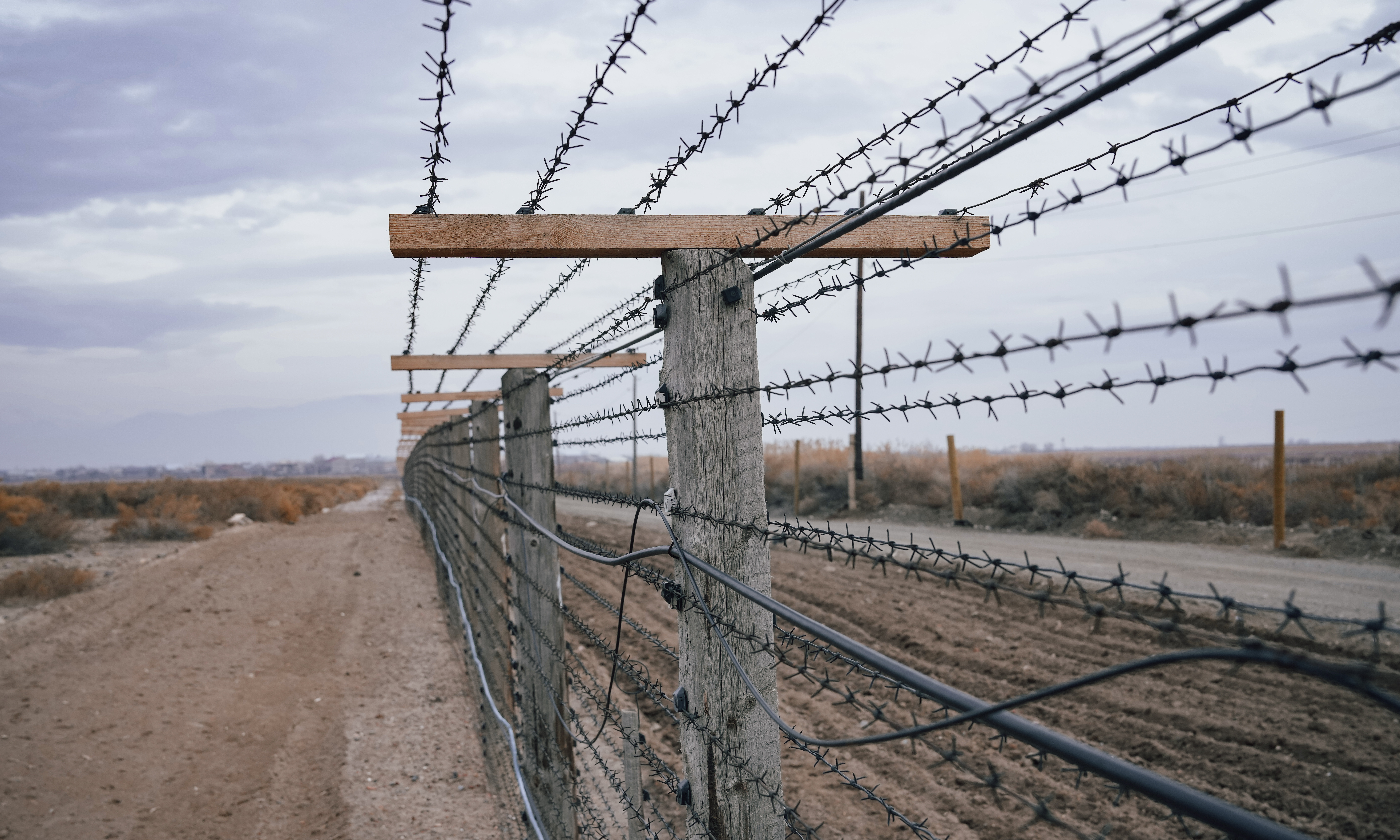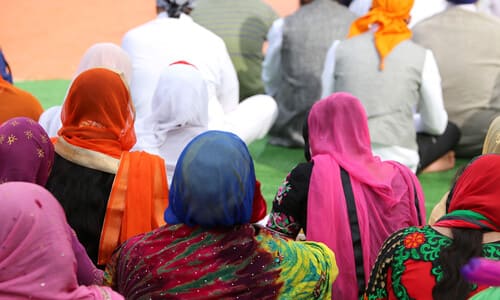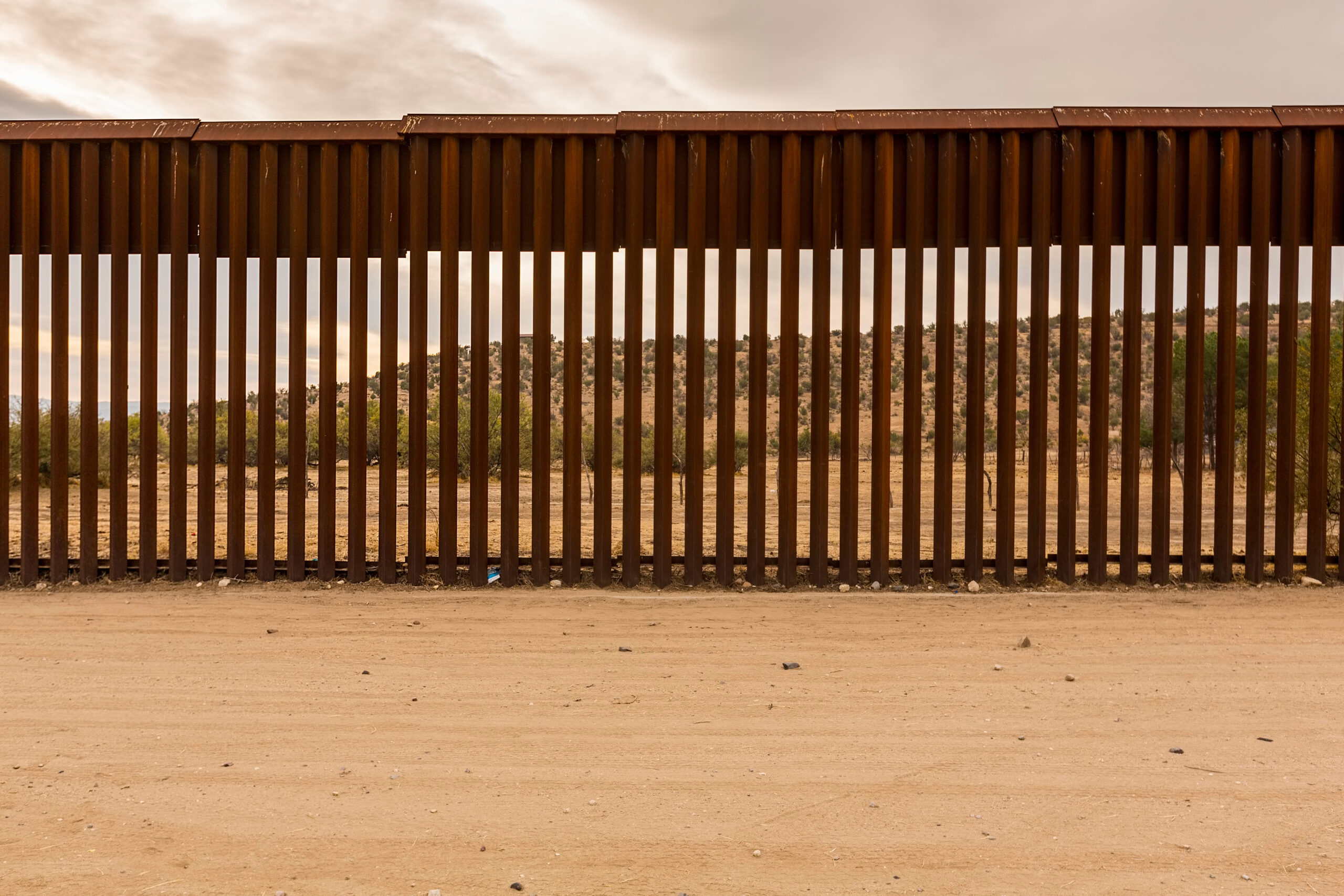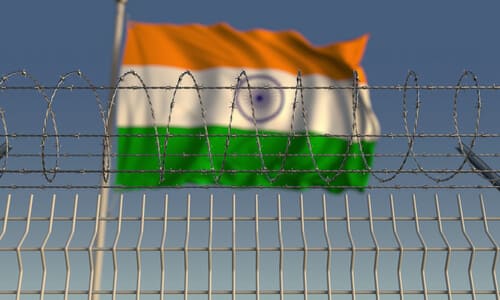 Two parents are still grieving the loss of their 6-year-old daughter, Gurupreet, after she died in a desert in Arizona during a 2019 journey that ended in tragedy. These parents were seeking refuge in the United States and wanted only to give their daughter a chance at a better life. Unfortunately, the process was so arduous and dangerous that their little girl did not survive the journey.
Two parents are still grieving the loss of their 6-year-old daughter, Gurupreet, after she died in a desert in Arizona during a 2019 journey that ended in tragedy. These parents were seeking refuge in the United States and wanted only to give their daughter a chance at a better life. Unfortunately, the process was so arduous and dangerous that their little girl did not survive the journey.
Her father, A Singh, has been living in the United States since 2013 and has an asylum application that is pending in New York immigration court. Gurupreet and her mother, S Kaur, had crossed the southern United States and Mexico border to try to reunite their family after the wait became unbearable. Tragically, that reunification has become a time to mourn the untimely passing of their young daughter. The couple says, “We trust that every parent, regardless of origin, color or creed, will understand that no mother or father ever puts their child in harm’s way unless they are desperate.”
South Asian Immigration to the United States on the Rise
According to immigration officials, the number of Indian immigrants crossing the border has risen steadily over the past couple of years. In 2018, over 9,000 people from India were detained at U.S. borders across the nation, which was a substantial increase from 2017, when there were only about 3,000. However, about 10 years ago, the number was only around 200.
Most recently, in 2022, there were over 16,000 Indian citizens detained at the border. According to immigration attorney Deepak Ahluwalia, many of the people who are seeking refuge in the United States are trying to flee persecution in India. This group may include Muslims, Christians, “low-caste” Hindus, or members of India’s LGBT community, who face violence and possibly even death at the hands of extreme Hindu nationalists.
Starting Over in the United States
For immigrants seeking refuge from their home countries, there is a long legal process waiting for them in the United States. Deepak Ahluwalia advises that the first step of the process is to set up an interview with immigration officials so they can establish “credible fear.” If no reason for credible fear is found, there is no way to move forward with the process.
If the fear is deemed credible, the asylum-seekers will then appear before an immigration judge who considers their request for asylum. The process can take a long time — several years, at least, is normal because of the large backlog, and there is no promise that the outcome will be positive. In the case of Gurupreet and her family, her father had been in the country for six years and still had a pending asylum case.
Unfortunately, the immigration process does not appear to be getting faster, safer, or more streamlined in the United States any time soon. Despite softer rhetoric acknowledging the dignity of immigrant asylum seekers, the Biden administration has actually instituted even tougher rules that are making it even more difficult to obtain asylum.
As it stands right now, crossing the border is already a difficult and dangerous task. In 2018, 127 immigrants died while trying to cross the border into Arizona, and unfortunately, no steps have been taken to make it less dangerous now. However, many refugees, like Gurupreet and her family, still consider it worth the risk to try to have a better life. Even though their story ended in tragedy, they are holding out hope that others will have a different experience. They said, “We will also continue to hold onto the hope that America remains a compassionate nation grounded in the immigrant ideals that make diversity this nation’s greatest strength.”
Work With Immigration Attorneys Who Want to Help
If you have questions or concerns about the immigration process, please feel free to reach out to the immigration attorneys at Singh Ahluwalia Attorneys at Law. The compassionate, experienced immigration lawyers want to help you and your family through the sometimes long and complicated process to be able to seek refuge in the United States.
Call (559) 878-4958 or contact us online to schedule your confidential case review with no obligation.









